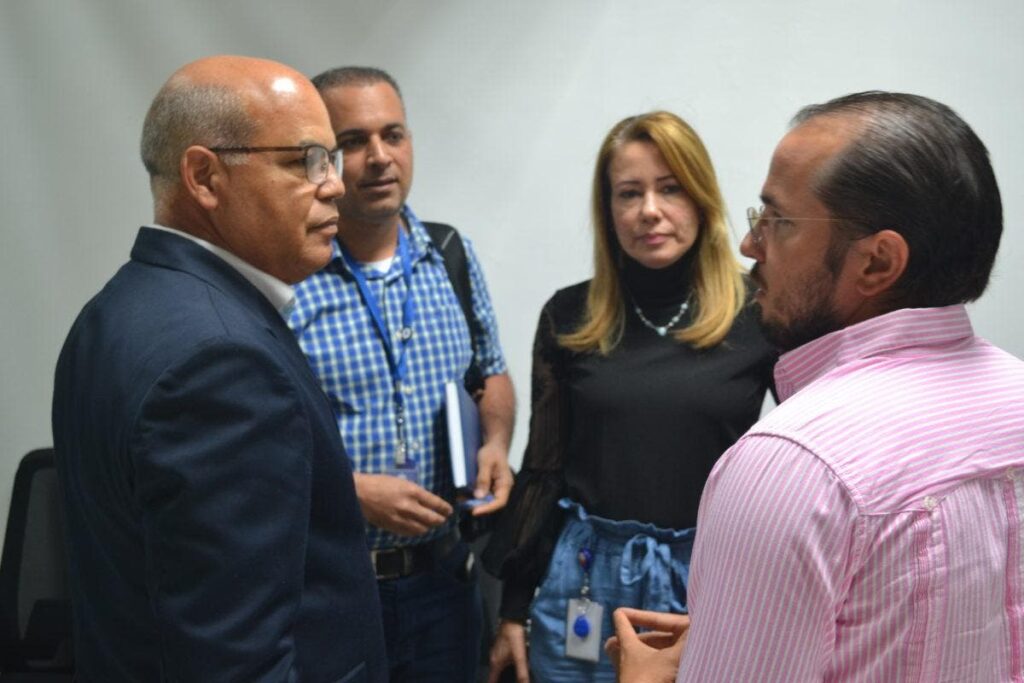This month ANDE published a report on the Evolution and Structure of companies in Uruguay, from which it can be deduced that 99.6% of companies in our country are MSMEs. What’s more, two out of every three jobs arise from them and one out of two companies die within three years. It is a great challenge to manage and create teams in the face of this uncertainty.
This short life of companies leads to reflect on the lack of innovation that exists in the same enough to reinvent themselves before the worst happens. This is the consequence of a lack of creative teams within organizations.
Are we facilitating and generating spaces of freedom and trust to stimulate that necessary creativity? As Dominique Sarries says: “The principle of a good team is the one that transforms a problem into a good idea”. For this to happen, each of the team members must feel valued and recognized by the others and understand that one has what the other does not have and that by complementing each other the result is brilliant. We must create a strong culture that helps employees be themselves at work.
Are we aware that the purpose of the business and of the people must be aligned? We must be close to each one of the people and promote the culture of yes we can. Therefore, for creativity to develop, there must be collaboration, and in order to collaborate, trust is essential, but not only in what the team can achieve, but more importantly, within the team itself.
Could it be that in order to reinvent oneself and generate innovative ideas, the involvement of team members is essential? Frederic Laloux in his book “Reinventing organizations” invites us to take a step beyond empowerment, betting on self-management. “We don’t need bosses, we need coordination.” This necessarily leads to an awareness of the company as a living being, built on three main pillars: the definition of an evolutionary purpose, the search for fulfillment and self-organization.
How does this impact positively? Laloux presents data that affirm better results for the company. Additionally, employees feel less in control, with a strong sense of trust and responsibility in them. As a consequence, there is a more pleasant work environment, fostering more positive results and less hostile relationships.
What would be in this line to bet on continuous improvement? That of bridging the strengths and commonalities between our team members, instead of focusing on improving their weaknesses, as Marcus Buckingham and Donald Clifton suggest in their book “Now, discover your strengths”. The pandemic has changed from one day for the other the ways of being linked, however, it remains a constant that having motivated and involved work teams is a key factor for the success of the organizations that form part of it. The challenge of effective communication has become more complex, so having the channels that encourage feedback and engagement enabled is a priority to build an atmosphere of trust.
The best recommendation when one wants different results is to start with small changes by taking inspiration from James Clear’s “Atomic Habits” which explains that changing 1% every day leads to extraordinary changes at the end of the road.
Member of the board of directors of the Association of Uruguayan Professionals in Human Management
Source link
















